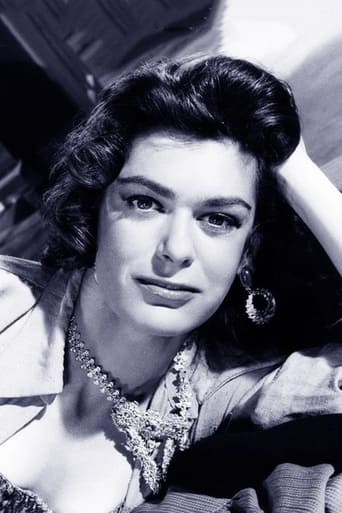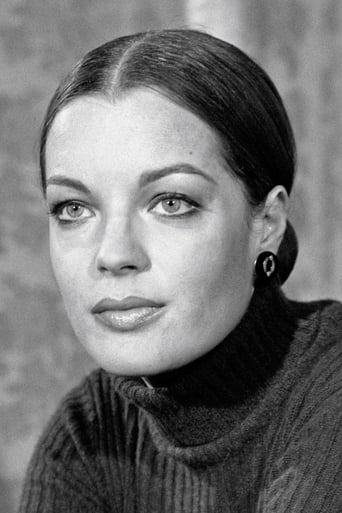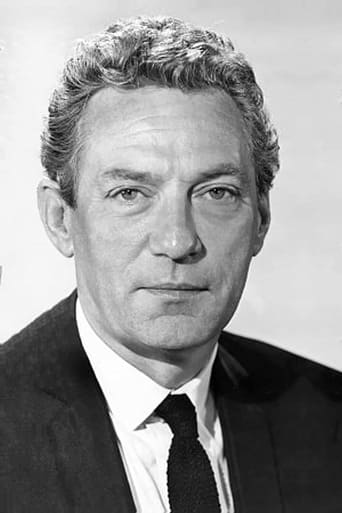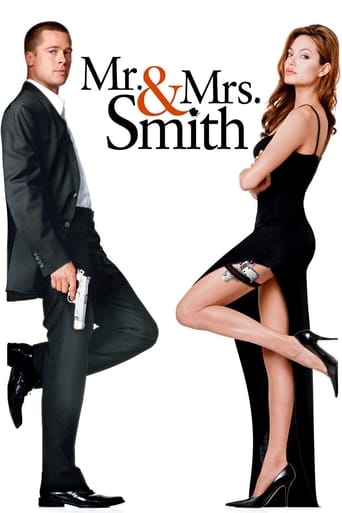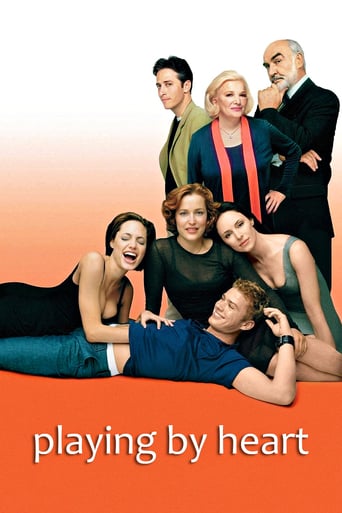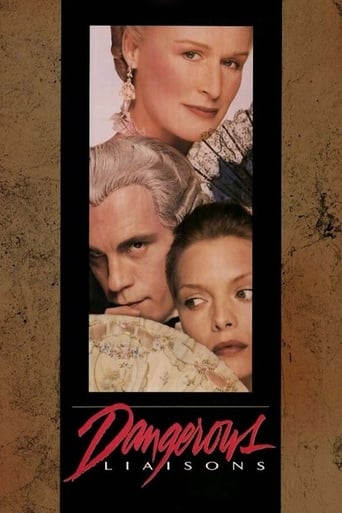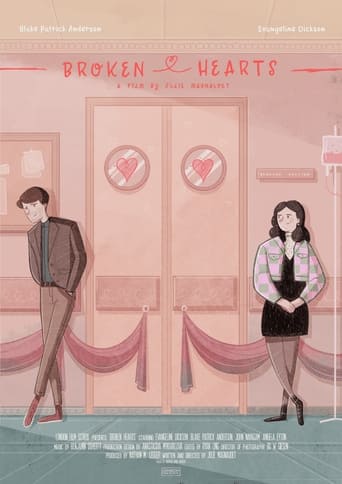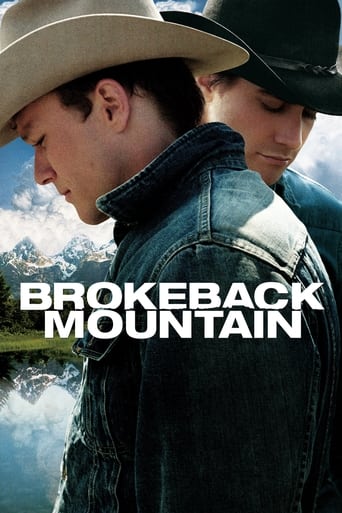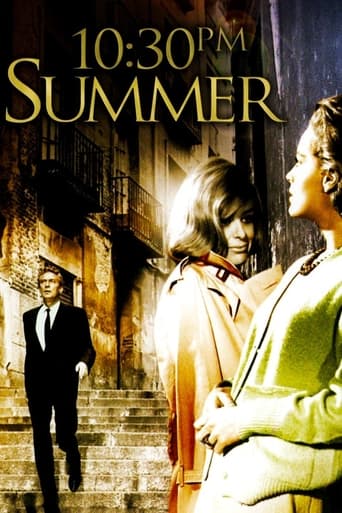
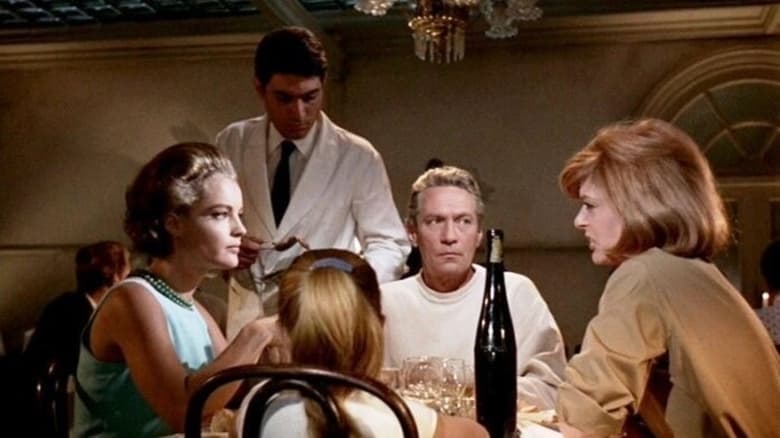
10:30 P.M. Summer (1966)
A female traveling companion seduces a married man and his alcoholic wife.
Watch Trailer
Cast


Similar titles
Reviews
Sorry, this movie sucks
So much average
When a movie has you begging for it to end not even half way through it's pure crap. We've all seen this movie and this characters millions of times, nothing new in it. Don't waste your time.
Through painfully honest and emotional moments, the movie becomes irresistibly relatable
An interesting film that still looks good after almost half a century. It's the kind of adult entertainment that demands thinking on the part of the audience. The story is the usual Marguerite Duras bubbameister masquerading as an incisive analysis of a troubled marriage. The film runs only 85 minutes; any longer and it would wear out its welcome. Beautifully photographed in a small Spanish town and countryside, with some exciting glimpses of Madrid toward the end, it's a triumph of visual style. The three principal actors (Melina Mercouri, Peter Finch, Romy Schneider) all look great, especially Mercouri, who at 45 never looked better. Husband director Jules Dassin here captured her at her peak. Peter Finch for a time just about cornered the market on these adult dramas ("The Pumpkin Eater," "In the Cool of the Day," "I Thank a Fool," "Sunday Bloody Sunday"). Plus, this trio can act, which makes all the pointless posturing and dialog seem more important than it is. I particularly like the enigmatic ending (shades of Antonioni's "L'Avventura"). "10:30 PM Summer" has enough merits to warrant seeking out this seldom-seen curiosity.
Melina is Maria, a beautiful wife and mother who happens to be an alcoholic, as well as extremely neurotic. On a trip to Spain with her husband (Peter Finch) and their close friend (Romy Schneider), they end up in an overcrowded hotel whose city is dealing with rolling blackouts and a murderer on the run. After witnessing Finch and Schneider making out, an already drunk Maria finds the hiding killer, a young Spaniard who killed his wife in a fury after finding out she was the town tramp. She takes him out of town and promises to return, a promise of course that ends up in tragedy.There is so little plot, but Mercouri gives a sensitive and earthy portrayal, playing a woman whose problems only begin with the bottle. This could have been wrapped up in an hour long anthology TV show, but the film stretches out to just under 90 minutes, fortunate because any longer, it would become more grating than Mercouri's neurotic character, a woman I sympathized with, but only for so long. Finch and Schneider are secondary to the plot; It's more a character study for Maria. It gets a bit erotic in one sequence when Mercouri and Schneider shower together, but the promised eroticism between Mercouri and the Spanish killer (saying not a word) never comes out, which makes the lonely Maria's obsession with him seem pointless unless she's just on a suicide mission. As the film draws to a close, Finch wanders through the streets of Madrid calling out his wife's name ("Maria!"), I half expected him to break into the Leonard Bernstein/Stephen Sondheim song of the same name.
I remember when this film opened in London in 1967. It opened simultaneously with 'Accident' by Joe Losey, and 'Accident' eclipsed this one, as they were considered too similar: mysterious, conveying ineffable unspoken currents between people, a pervasive air of unreality and aetherial suggestiveness of things that could not quite be seen. Of the two, this was the more difficult to describe and comprehend. So 'Accident' ran for a long time, while this closed in a week. It is only now that this neglected masterpiece, doubtless buried for decades because it was 'a commercial failure', has reappeared and I have been able to see it again. The colour has not faded and is as fresh as when it was first released. Jules Dassin surpassed himself with this masterpiece. It is his greatest work. Of course, it all relies heavily upon the genius of his wife, Melina Mercouri. It is the most subtle and understated, and hence probably the most powerful, of all her overwhelmingly brilliant performances. Mercouri was more than just a genius, she was a demented and Dionysiac genius, a genuine Greek maenad, a barefoot raver on the heights of Parnassus, in the best traditions of her culture. She is here well matched by Peter Finch at the top of his form, two years after he did 'The Pumpkin Eater' and 'Girl with Green Eyes', in both of which he had proved he was one of the leading film actors of his generation. Now in this intense film together, they speak the unspoken thoughts of a highly complex marriage and of emotional ties where two people have grown together at the root: but will the root snap? The beautiful and alluring Romy Schneider is part of a strange trio on a journey in Spain, where passion crackles in the air, and the flamenco hands clap, as a murderer aged only 19 comes into the story. I read the original novella by Marguerite Duras and thought it was poorly written and, although evocative, far from being a superior work. But it provided the atmosphere Dassin and Mercouri were looking for, a hothouse of semi-articulate and complex emotions, of raging currents of suppressed passions, a crisis of existential doubts, a veritable torrent or electrical storm, to match the real storm which lashes the stranded travellers in the film. Rarely has the invisible been filmed so successfully. This film was not really filmed in Spain, it was filmed in the ionosphere, and what appear to be buildings and people are really plasmas of charged particles. Dassin rose above reality, to film what lies behind it. These things are sometimes thought and felt, they are never seen. But here he reveals them to the eye, like a cloud parting. This is not mere cinema, it is something higher.
I would say it is a typical movie of its time showing a rift in a marriage while the couple travel in a strange country (see the Italian movies of the early sixties). Romy Schneider looks radiant, this is a couple of years before her breakthrough as a French movie star in the Seventies. The movie is in b/w and colour.


